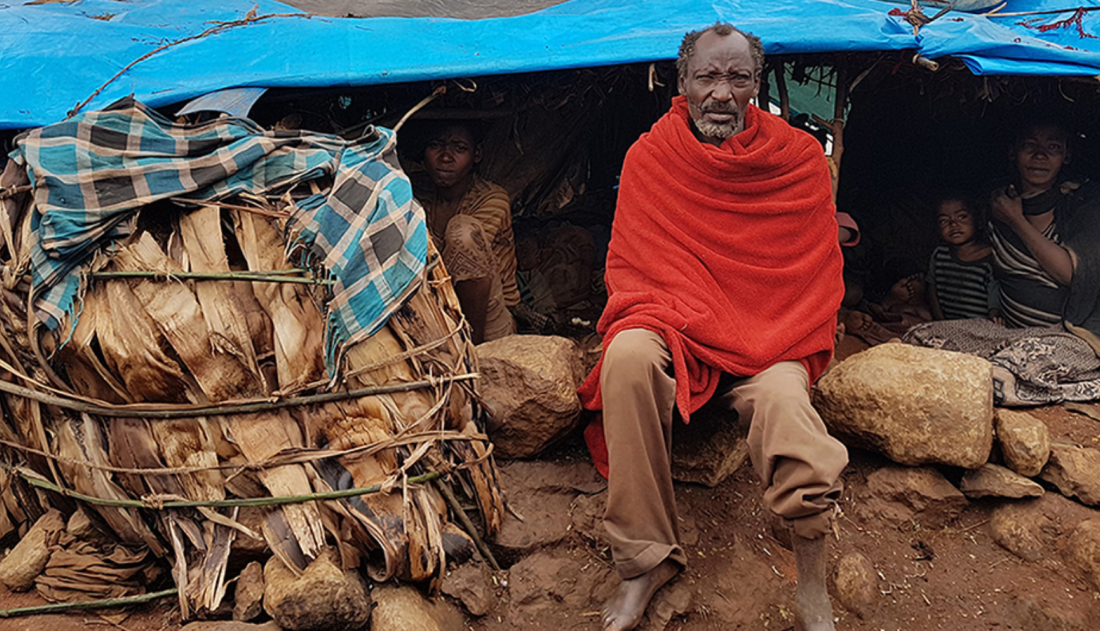
The occurrence and duration of emergency crises have increased in the past years. Between 2005 and 2017 the number of crises receiving an international response grew from 16 to 30, and their average duration rose from 4 to 7 years.1 Emergency crises comprise human-made disasters like conflicts, and natural disasters such as hurricanes, storms or droughts. Natural and human-made disasters are often intertwined. For example, in 2017 water was determined to play a major role in conflict in at least 45 countries.2 Evidence suggests that as climate change intensifies, the number of emergency crises will increase.
Exclusion faced by persons due to individual and social characteristics, such as age, sex, marital status, socio-economic factors, and health status, can determine their capacity to respond to crises, as well as their access to mitigation, adaptation and relief resources. Older persons are particularly at risk in disasters.3 Health conditions, such as impaired physical mobility, diminished sensory awareness or chronic illness, as well as social and economic disadvantages, can hinder the ability of many older persons to prepare and adapt to disasters. 4 Older women can be more at risk than their male counterparts because on average they outlive men and are more often widowed and alone. Those that are less educated, unskilled, and poor are more likely to be victims of physical, financial, familial and sexual abuse which can be exacerbated in emergency situations.
In emergency settings, where access to resources and services may be uneven, the overlook of the specific needs and challenges faced by older persons can have dire consequences for their well-being.5 Ageist attitudes can exacerbate exclusion and reinforce the loss of control over community resources and assets often experienced by older persons in emergency crises.6 Older persons are also harmed by ageist assumptions that they will be taken care of by family members.
The meeting will bring together international experts and relevant stakeholders to explore and propose some key recommendations on the issue of older persons in emergency crises both as a group that faces specific risks and as a group to be tapped for their experience in national and international emergency relief systems.
Learn more about the Expert Group Meeting on "Older Persons in Emergency Crises".
 Welcome to the United Nations
Welcome to the United Nations


